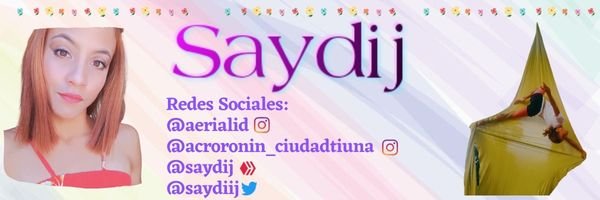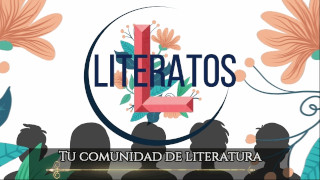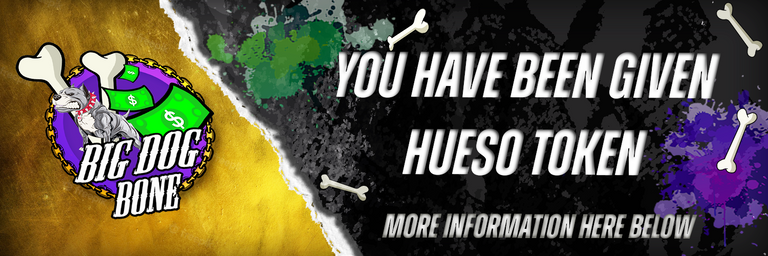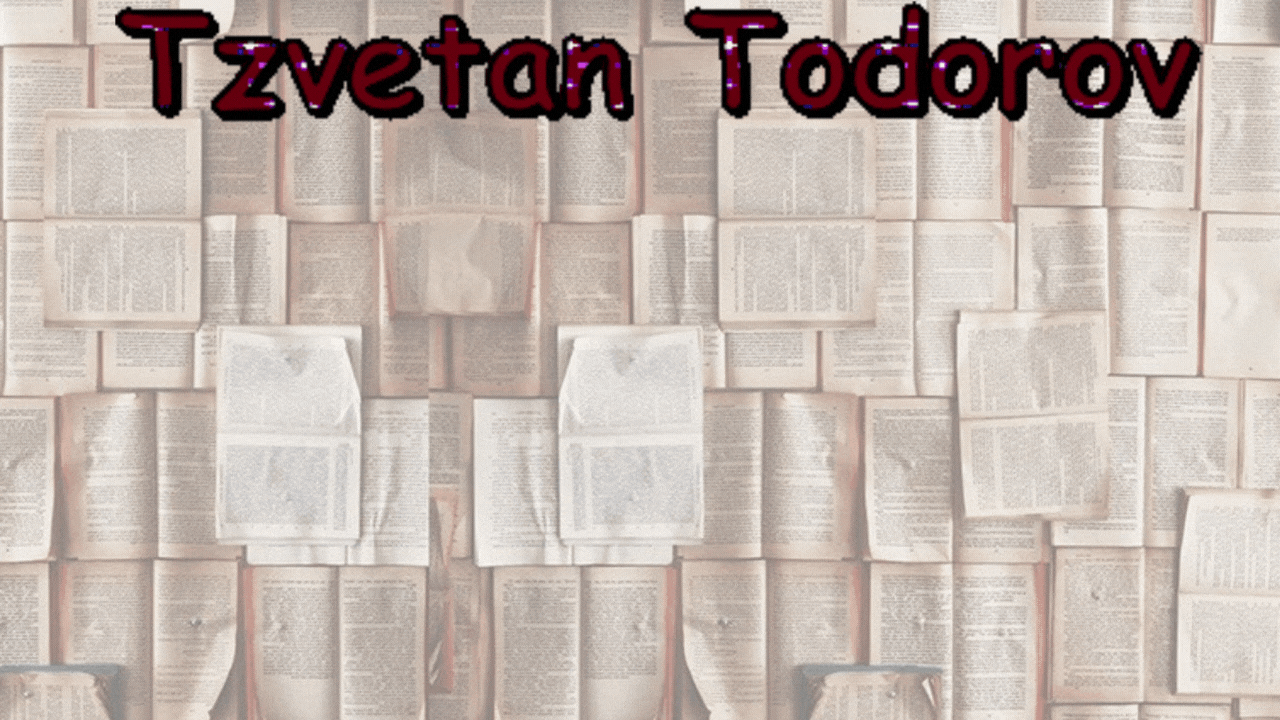


Aristóteles, el primer observador
Los géneros son un intento de clasificación de las obras literarias de acuerdo con sus elementos constitutivos. La teoría primigenia que tenemos sobre ello se la debemos a Aristóteles, pues él en su Poética hizo una clasificación de las obras que habían en su tiempo y que hoy conocemos como literatura. A través de la observación, investigación y especulación concluyó que si un texto era literario era porque seguía ciertas reglas «adicionales de una matriz rítmica» (Garrido, 1988, pág. 9), o sea, el verso.
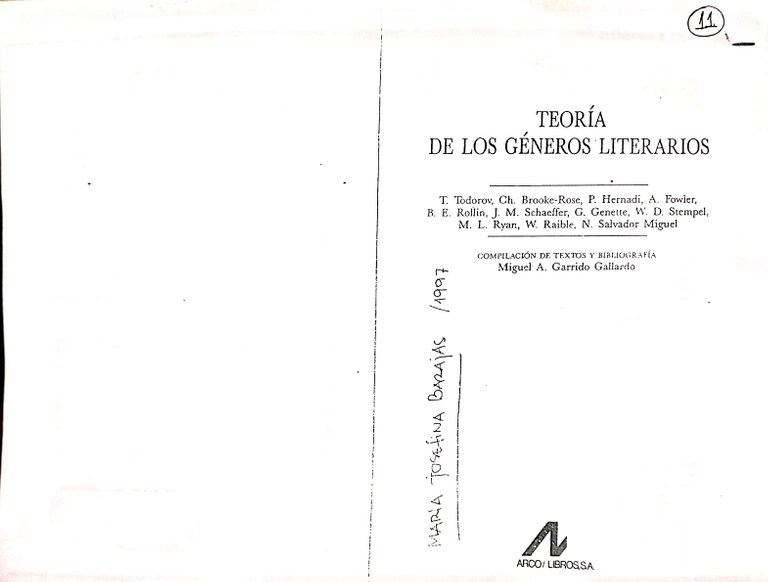 Las referencias citadas las tengo en material fotostático. Les comparto la foto de la portada escaneada con la aplicación de CamScanner. Sin embargo, si les interesa leerlo, busqué en internet y encontré este material en el siguiente enlace
Las referencias citadas las tengo en material fotostático. Les comparto la foto de la portada escaneada con la aplicación de CamScanner. Sin embargo, si les interesa leerlo, busqué en internet y encontré este material en el siguiente enlace Como resultado de su investigación también advertía que, aunque una obra estuviera escrita en verso, no la convertía en literatura; porque habían quienes usaban el verso para exponer temas científicos, por ejemplo: Empédocles (Aristóteles, Poética, I, 1447b). Aristóteles fue el primero en hacer un compendio de obras en las que encontró rasgos comunes y diferenciadores, además de otras peculiaridades.
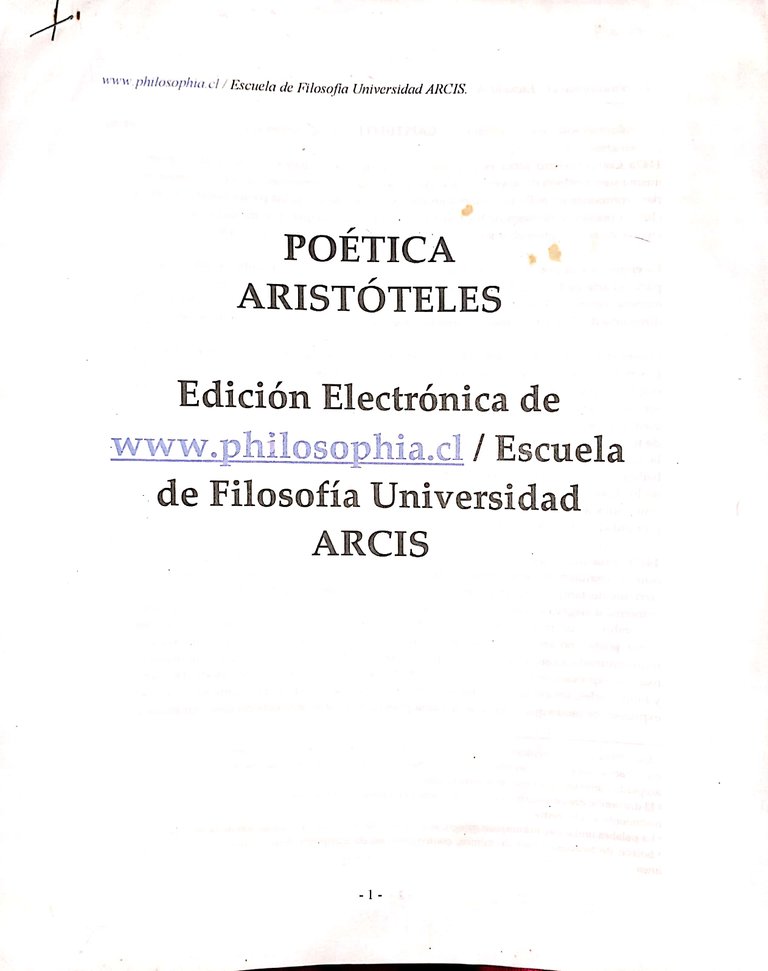 La Poética de Aristóteles también la tengo como material fotostático. Pero si les interesa leerla, les recomiendo muchísimo la versión comentada por Ángel Cappeletti. La pueden encontrar aquí
La Poética de Aristóteles también la tengo como material fotostático. Pero si les interesa leerla, les recomiendo muchísimo la versión comentada por Ángel Cappeletti. La pueden encontrar aquí
Aristotle, the first observer
Genres are an attempt to classify literary works according to their constituent elements. The original theory that we have about it we owe to Aristotle, because in his Poetics he made a classification of the works that existed in his time and that today we know as literature. Through observation, research and speculation he concluded that if a text was literary it was because it followed certain "additional rules of a rhythmic matrix" (Garrido, 1988, p. 9), that is, verse.
 Miguel Ángel Garrido Gallardo.
Miguel Ángel Garrido Gallardo.Fuente
As a result of his research he also warned that, even if a work was written in verse, it did not make it literature; because there were those who used verse to expound scientific topics, for example: Empedocles (Aristotle, Poetics, I, 1447b). Aristotle was the first to make a compendium of works in which he found common and differentiating features, as well as other peculiarities.
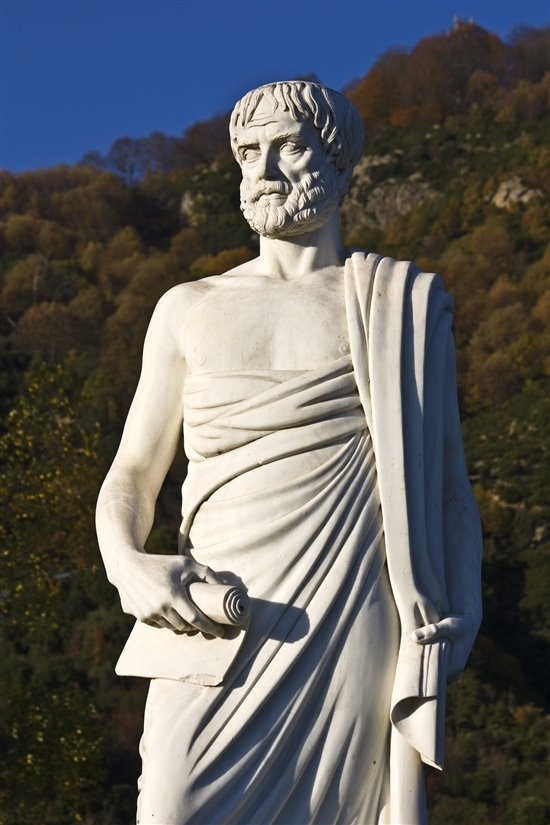 Aristóteles.
Aristóteles.Fuente

Los géneros literarios están en constante evolución
Lejos estaba Aristóteles de imaginar que esa necesidad que lo impulsó a analizar las obras que hoy denominamos literatura seguiría, de alguna manera, interesando para los estudios de nuestra época. Basta con saber que no existe una referencia anterior porque, como bien afirma Tzvetan Todorov: «seguir ocupándose de los géneros puede parecer en nuestros días un pasatiempo ocioso además de anacrónico» (1987: 31). Desde siempre ha existido la obra literaria, y como un proceso posterior de los estudios subsiguientes a los del filósofo, se fueron ordenando y clasificando según los rasgos que la constituye. Ahora bien, esto no es un proceso que permanece estático, por el contrario, obedece a una convención social e histórica concreta y cada momento de la evolución de las obras literarias se ha ido modificando. Hay géneros que mueren para que otros nazcan.
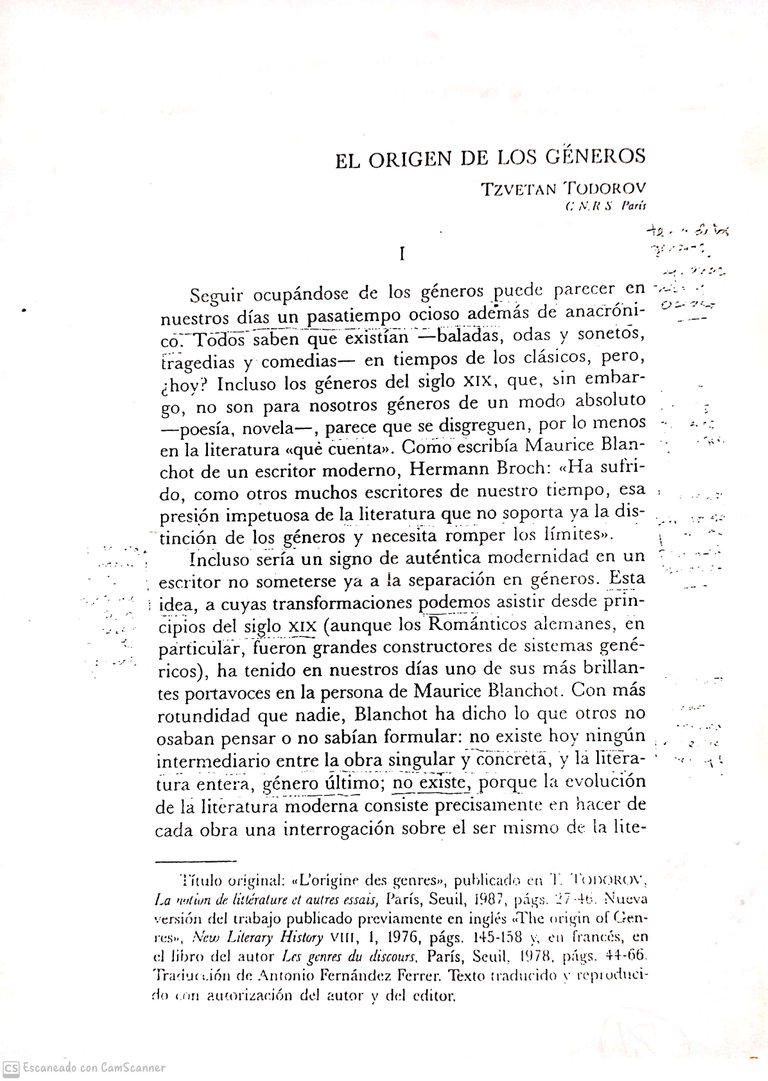
Literary genres are in constant evolution
Aristotle was far from imagining that the need that prompted him to analyze the works that today we call literature would continue, in some way, to be of interest to the studies of our time. It is enough to know that there is no previous reference because, as Tzvetan Todorov rightly states: "to continue to deal with genres may seem in our days an idle pastime as well as anachronistic" (1987: 31). Literary works have always existed, and as a subsequent process of studies following those of the philosopher, they were ordered and classified according to the features that constitute them. However, this is not a process that remains static; on the contrary, it obeys a specific social and historical convention and each moment in the evolution of literary works has been modified. There are genres that die so that others can be born.
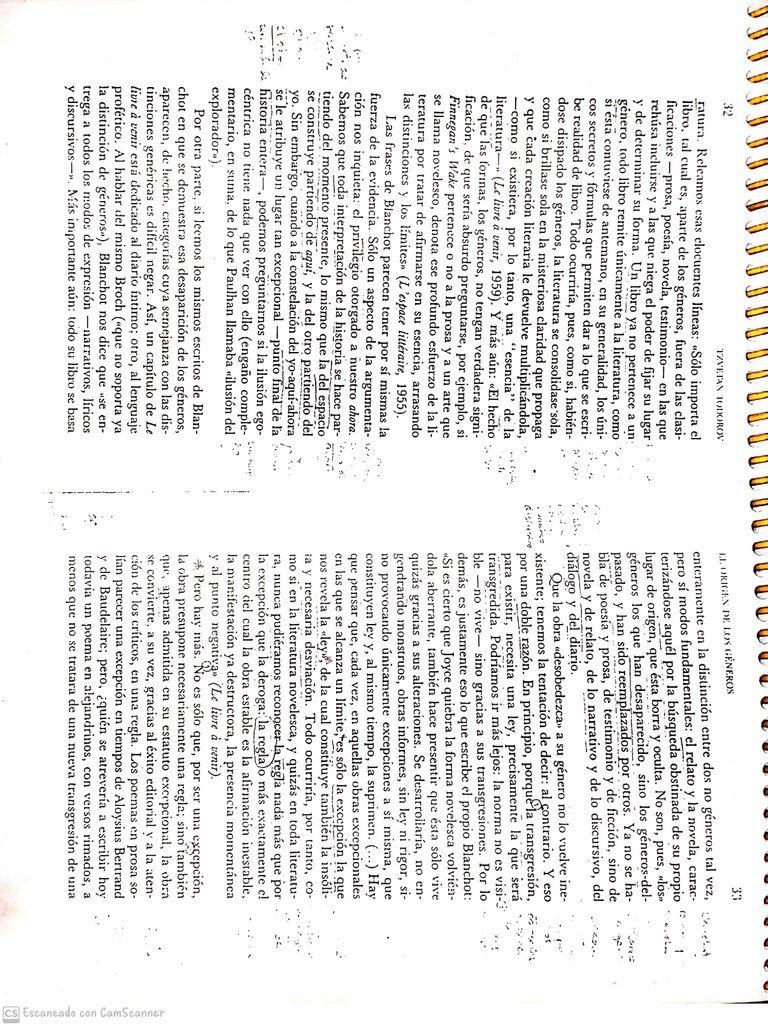

Aristóteles hizo la primera aproximación al estudio de los géneros literarios
Todorov lo explica de la siguiente manera: «No son, pues, -los- géneros los que han desaparecido, sino los géneros -del- pasado, y han sido reemplazados por otros. Ya no se habla de poesía y prosa, de testimonio y de ficción, sino de novela y de relato, de lo narrativo y de lo discursivo, del diálogo y del diario» (1987: 33). A pesar de ello, hay tres géneros definidos por Aristóteles que han perdurado y son las columnas fundacionales sobre las que se sostiene todo el universo literario: la lírica, el drama, y la narrativa. A su vez, de estos tres, se desprenden otros subgéneros que van evolucionando, y así generan una dinámica que se expresa en cambios y modificaciones. Algunas modificaciones son radicales y perduran en el tiempo; otras no lo son tanto y se esfuman con el pasar de unos años. Un ejemplo de ello fue el movimiento de la vanguardia literaria que, a pesar de haber sido muy importante durante la primera mitad del siglo XX, hoy en día no es más que parte de la historia de la literatura.
Aristotle made the first approach to the study of literary genres
Todorov explains it as follows: "It is not, then, -the- genres that have disappeared, but the genres -of- the past, and they have been replaced by others. We no longer speak of poetry and prose, of testimony and fiction, but of novel and story, of narrative and discursive, of dialogue and diary" (1987: 33). In spite of this, there are three genres defined by Aristotle that have endured and are the foundational columns on which the entire literary universe is sustained: lyric, drama, and narrative. In turn, from these three, other subgenres evolve, thus generating a dynamic that is expressed in changes and modifications. Some modifications are radical and last over time; others are not so radical and fade away after a few years. An example of this was the literary avant-garde movement which, despite having been very important during the first half of the twentieth century, today is no more than part of the history of literature.
The referenced quote is found on page 33 of the photos above.

Veamos más allá del horizonte
La vanguardia comprendió un periodo en el que los artistas buscaron romper con los cánones estéticos para poder expresar sus modos propios de creación; es decir que como otros estilos, nació de un movimiento colectivo y social. Pero hay otro factor que influye en este surgimiento y re-surgimiento de los géneros, y es que el artista busca incesantemente la perfección, y para lograrlo se desvía del modelo referencial.
La dimensión histórica y socio-cultural de los géneros tiene distintos factores que influyen en ella: el modelo que opera consciente o inconscientemente, es decir, el ya mencionado modelo de referencia que ocupa al autor; los horizontes de expectativas del lector, lo cual se asocia a algo llamado “pacto de lectura” que conduce al lector a suponer, por el título de una obra, si está escrito en prosa o en verso, los personajes, entre otros elementos, que es de “tal modo” antes de leerla.
Por otra parte, están las instituciones de consagración literaria: las editoriales, la prensa especializada, la academia, la crítica literaria, entre otras, que actúan como intermediarios entre el autor y el lector. Aquí parece ser pertinente el siguiente extracto de un ensayo de Virginia Woolf: «(...) En todas las demás esferas del vivir, nos pueden atar mediante leyes y convenciones, pero en ésta, no» (1926: 47), porque desde una perspectiva propia, la palabra final que debería determinar si una obra es buena o no, debería ser la del público. Como advierte el epígrafe que encabeza este texto, debemos aprender a ver más allá de las fronteras de los géneros para poder degustar lo exquisito de la literatura.
Let's look beyond the horizon
The avant-garde comprised a period in which artists sought to break with aesthetic canons in order to express their own modes of creation; in other words, like other styles, it was born of a collective and social movement. But there is another factor that influences this emergence and re-emergence of genres, and that is that the artist incessantly seeks perfection, and to achieve it deviates from the referential model.
The historical and socio-cultural dimension of genres has different factors that influence it: the model that operates consciously or unconsciously, that is, the aforementioned reference model that occupies the author; the reader's horizons of expectations, which is associated with something called "reading pact" that leads the reader to assume, by the title of a work, whether it is written in prose or verse, the characters, among other elements, that it is "such and such" before reading it.
On the other hand, there are the institutions of literary consecration: the publishing houses, the specialized press, the academy, the literary critics, among others, which act as intermediaries between the author and the reader. Here the following excerpt from an essay by Virginia Woolf seems to be pertinent: "(...) In all other spheres of life, we can be bound by laws and conventions, but not in this one" (1926: 47), because from her own perspective, the final word that should determine whether a work is good or not should be that of the public. As the epigraph that heads this text warns, we must learn to see beyond the boundaries of genres in order to taste the exquisiteness of literature.
Woolf, V. (1977). "¿Como hay que leer un libro?” - La torre inclinada. (pág. 47)
Sorry for not putting the reference in English. It has been difficult to find the text of Virginia Woolf in English.

Referencias
- Aristóteles. (1990). Poética (Ángel Cappeletti Trad.) Monte Ávila Editores Latinoamericana. [versión en PDF] recuperado de https://www.academia.edu/45044105/Arist%C3%B3teles_Po%C3%A9tica_%C3%81ngel_J_Cappelletti_Monte_%C3%81vila_Editores
- Garrido, M. “Una vasta paráfrasis de Aristóteles”. Teoría de los géneros literarios. (p.9). España. Edit. Arco de libros S.A. Material fotocopiado.
- Todorov, T. (1987). El origen de los géneros. (pp. 32-33). Material fotocopiado.
- Woolf, V. (1977). "¿Como hay que leer un libro?” - La torre inclinada. (pág. 47) Barcelona. Lumen. Publicado por 1ª vez en Yale Review, octubre de 1926. [archivo pdf] recuperado de https://drive.google.com/file/d/1ift0O_slsHEmtdohxcj0J2I49_u7NU9w/view?usp=share_link

El siguiente texto es un escrito que entregué como una asignación en la materia de Teoría Literaria II. A excepción de las referencias que están debidamente citadas, lo demás es completamente mi autoría.
Adjunto la calificación asignada a este ensayo por mi profesor.


